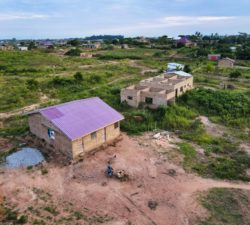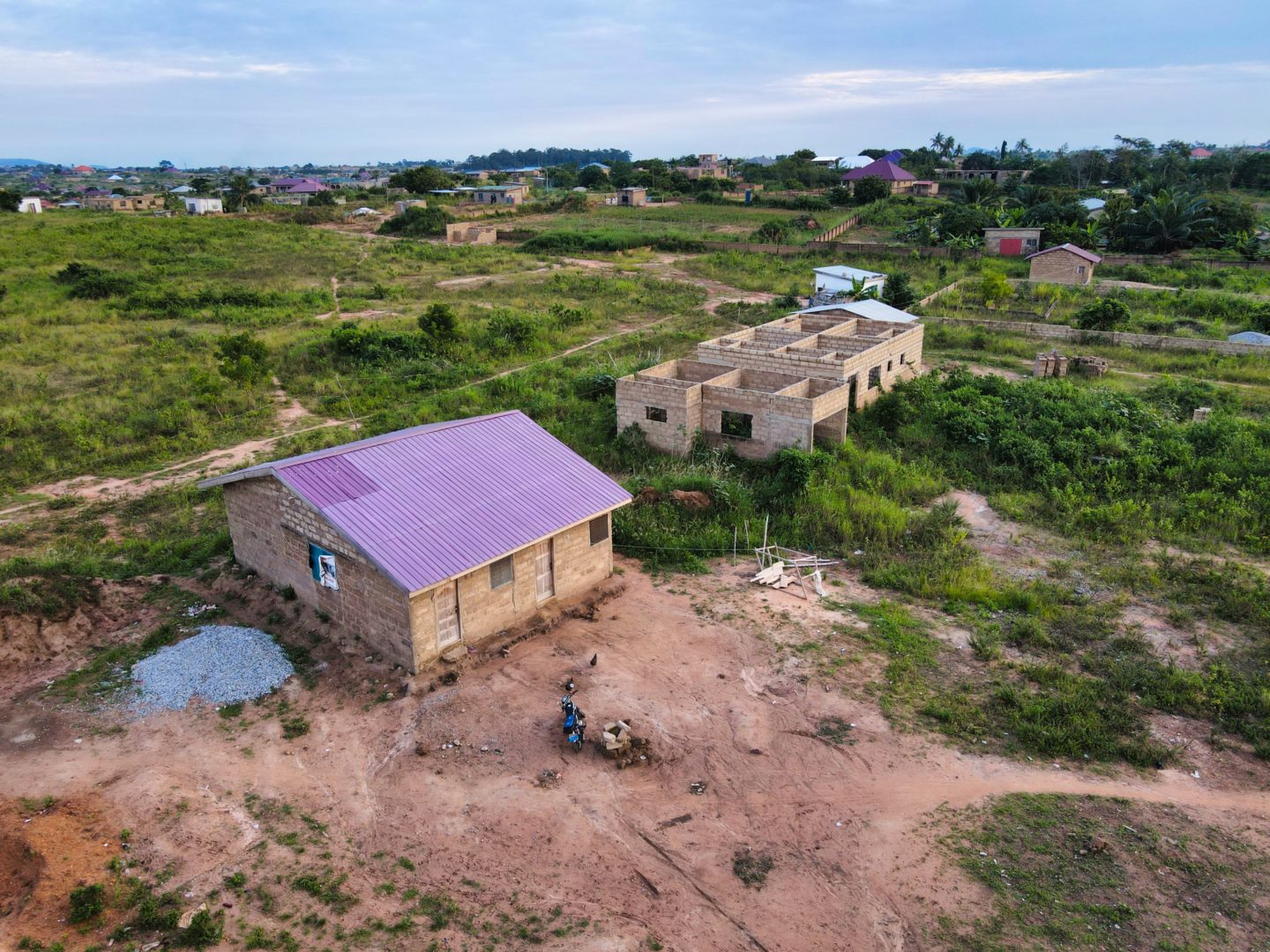In the wake of COP26 it has become clear that much more radical action is needed from business and society if we are to limit global warming to 1.5C degrees. To contribute to tackling this challenge, I founded IntellSol in 2021 with three fellow IMD EMBA classmates, and also brought on board Joshua Amponsem, a climate change youth leader from Ghana and founder of the Green Africa Youth Organization.
Our mission: to enable access to clean energy technologies in emerging markets while supporting corporations and governments in industrialized countries in achieving their Sustainable Development Goals (SDGs). To fulfil our mission, we seek to radically scale the adoption of solar home systems by rethinking the economics and business model around how solar residential technology is deployed.
How does it work?
Our aim is to move away from traditional business models, which have been proven to work very well, but which also limit value co-creation and scalability, by setting…


